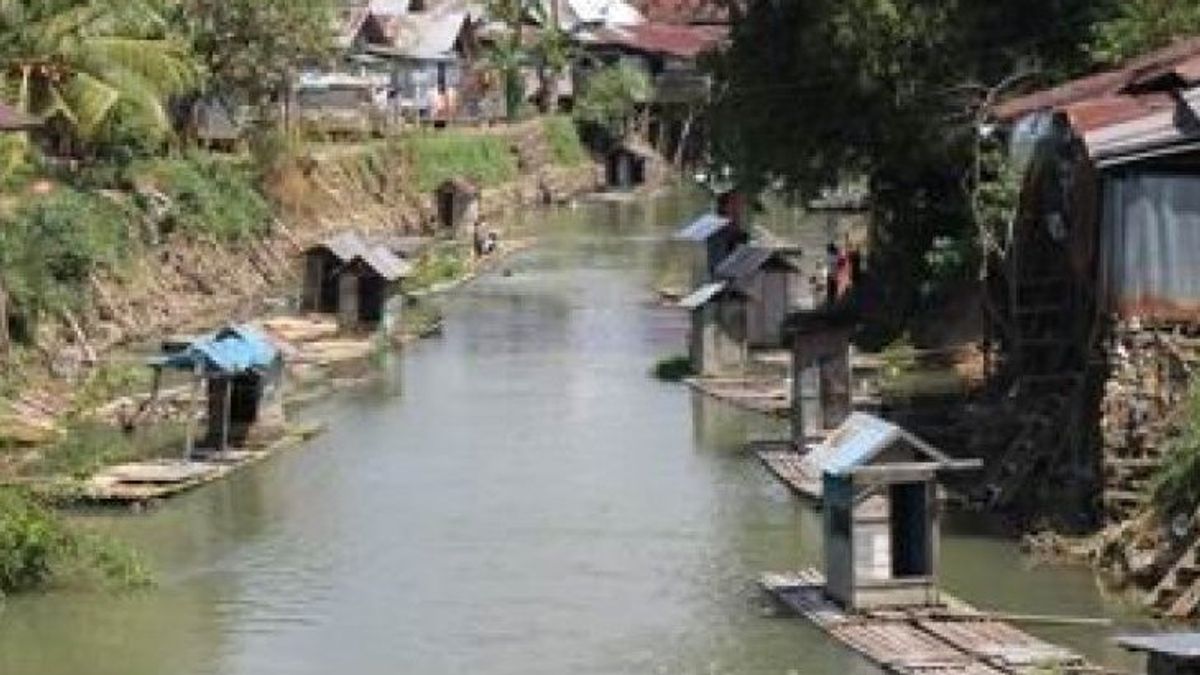JAKARTA - The stunting rate in Indonesia is still at 22.6 percent. The Coordinating Ministry for Human Development and Culture stated that sanitation is feasible and safe to affect the reduction in stunting rates.The Coordination Division for Health Quality Improvement and Population Development of the Coordinating Ministry for PMK YB Satya Sananugraha said access to sanitation is a national priority. "We also know 73 percent of diarrhea events are due to the availability of low drinking water quality, sanitation feasibility, and hygiene. It was also conveyed that 15 percent of stunting events were caused by diarrhea in children, low quality drinking water, and sanitation are safe," Satya said at the opening event City Sanitation Summit (CSS) XXI 2023 in Bandung, West Java, Thursday 15 June, confiscated by Antara. Based on the study conducted on a population, he continued, 21.58 percent stunting toddlers living in rural areas could be prevented by providing better access to drinking water and sanitation in order to avoid repeated infections. However, he said, currently Indonesia is still facing a number of challenges in accelerating the supply of drinking water and sanitation, including the extent of slum residential areas, the need for all local governments (Pemda) to have a high commitment, as well as limited access to funding. Based on 2022 data, according to him, the sanitation rate deserves only reaching 80.9 percent and safe sanitation has only reached 10.16 percent. Meanwhile, based on the National Medium-Term Development Plan (RPJMN), it is targeted that safe sanitation can reach 90 percent and sanitation is feasible to reach 15 percent by 2030. Therefore, he hopes for a strong commitment from all parties and all policy makers to encourage changes in public behavior in order to create drinking water and proper sanitation.
"I appreciate the local government for achieving the target of 15 percent safe sanitation, including the Provinces of the Riau Islands, Banten, Bali, DIY, Aceh, and DKI Jakarta. Even though it has shown improvement in achievements from 2021, we still have to work hard to be able to achieve the safe sanitation target by 2030," he said.
Meanwhile, Chairman of the Association of Regencies and Cities Caring for Sanitation (Acokopsi) Ahmed Zaki Iskandar said, one of the qualities of human life is determined before or during gestational age until the first 1,000 days of life.
That quality, he said, must be driven by a safe sanitation to avoid various diseases in children. "Storage access deserves nationally, it has only reached 80.9 percent, and achievements in the regions are still at a high distance. Where the highest decent sanitation is already 100 percent, but the lowest figure is still 4.4 percent or below 5 percent," said Ahmed Zaki who is also the Regent of Tangerang.
The English, Chinese, Japanese, Arabic, and French versions are automatically generated by the AI. So there may still be inaccuracies in translating, please always see Indonesian as our main language. (system supported by DigitalSiber.id)













